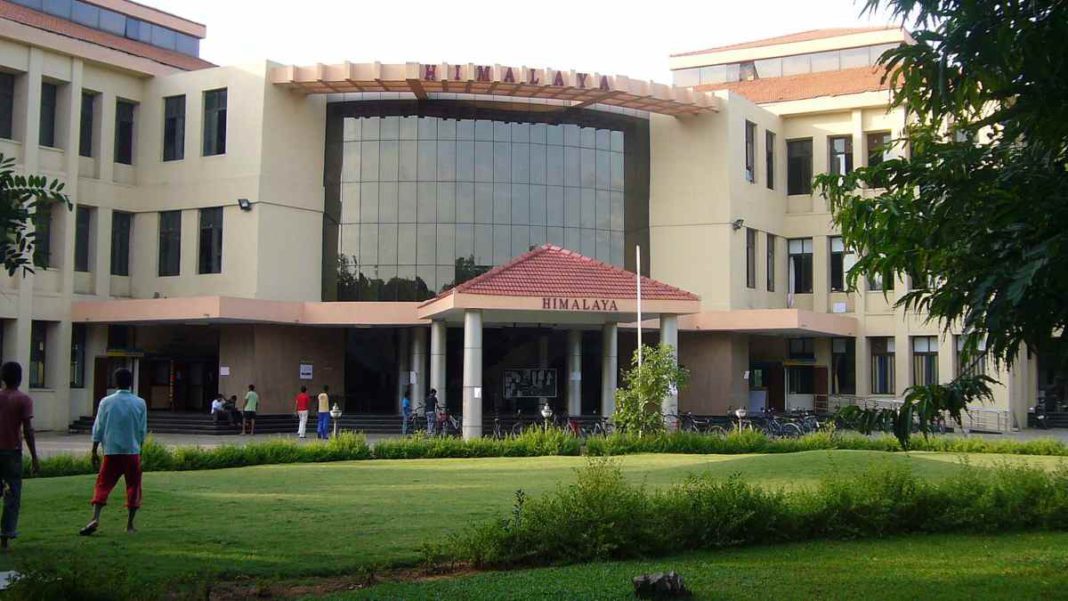INDIA: In a significant stride towards advancing heat management for miniature electronic devices, the Indian Institute of Technology Madras (IIT Madras) and Khalifa University in the UAE have jointly developed an innovative cooling solution with potential applications in space technology and beyond.
This breakthrough, focusing on mini-channel heat exchangers, has been published in the esteemed peer-reviewed journal Applied Thermal Engineering.
The collaborative research effort resulted in a paper co-authored by Professor S. Vengadesan from IIT Madras’ Department of Applied Mechanics and Biomedical Engineering, along with his research student R. Vishnu, and the contributions of Dr. Ahmed Alkaabi and Dr. Deepak Selvakumar from Khalifa University.
The advent of India’s second space age has brought impressive technological innovations and a notable trend toward the miniaturization of electronic components. This miniaturization has led to the creation of advanced functionalities, as exemplified by the ongoing Chandrayaan-3 mission.
However, the increased reliance on miniaturized electronic components, both in space missions and consumer electronics, has led to a consequential issue of significant heat generation.
High-performance computing processors, for instance, can generate upwards of 200–250 watts of power, culminating in heat loads that can reach 1 kilowatt.
As a result, the efficient management of this heat becomes a critical concern. Liquid-cooling systems, particularly micro- and mini-channel heat sinks, have emerged as a viable approach to dissipate heat in such systems.
The innovative solution brought forward by the IIT Madras and Khalifa University researchers centers around the concept of introducing thin plate electrodes into mini-channels to disrupt the flow dynamics. This disruption leads to the creation of swirling flows and vortices at the channel boundaries, significantly enhancing heat transfer efficiency.
The team harnessed computational methods to simulate intricate three-dimensional fluid flows, showcasing how these controlled chaotic flows disturb the conventionally smooth flow along the channel walls, resulting in markedly improved heat transfer rates.
What sets this approach apart is the application of a delicate electric field to induce the desired swirling flow within the mini-channels. This not only ensures operational safety but also minimizes power consumption. The applications of this pioneering research are far-reaching, especially in the realm of electronic thermal management for space technology.
The electrically-driven vortices generated by this ingenious design negate the necessity for additional geometric alterations. Furthermore, the absence of moving parts ensures vibration-free operation, necessitating minimal maintenance.
A distinct advantage of this approach lies in its electrically operated nature, which allows for intelligent control and rapid responses to changing conditions. As a testament to their commitment, the research team aims to refine the design further by exploring different electrode positions and orientations.
Additionally, the mechanism unveiled in this study exhibits the potential to advance thin-film boiling, presenting an opportunity for extending the application of this design to two-phase heat transfer systems.
Also Read: NASA Announce Geology Team for Historic Artemis III Lunar Landing Mission



